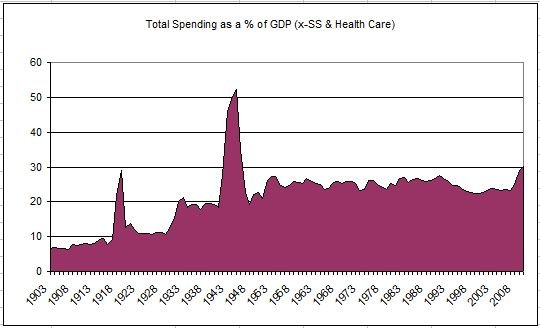...The nineteenth century also saw the development of
socialist theory, which held that the primary task of the state was to ensure the economic and social well-being of the community through government intervention and regulation. Socialist theory recognised that individuals had claims to basic welfare services against the state and education was viewed as one of these welfare entitlements. This was in contrast to
liberal theory at the time, which regarded non-state actors as the prime providers of education. Socialist ideals were enshrined in the 1936
Soviet Constitution, which was the first constitution to recognise the right to education with a corresponding obligation of the state to provide such education. The constitution guaranteed free and compulsory education at all levels, a system of state scholarships and vocational training in state enterprises. Subsequently the right to education featured strongly in the constitutions of socialist states.

